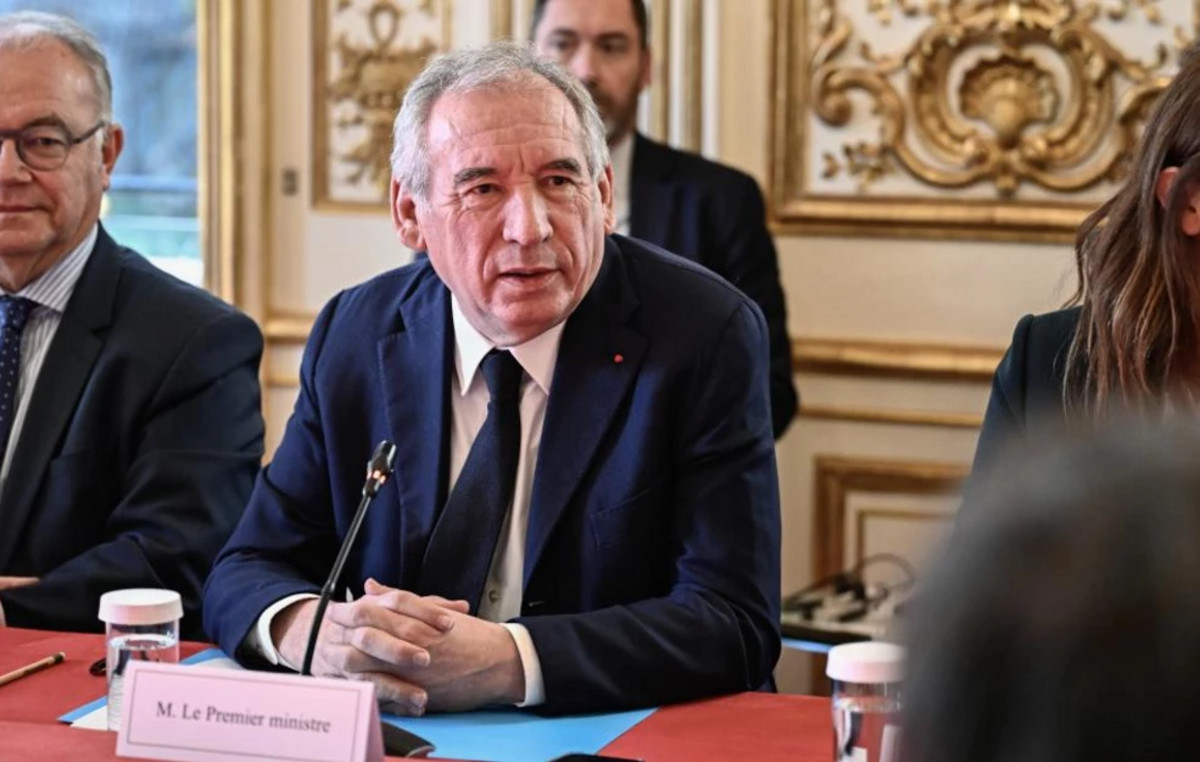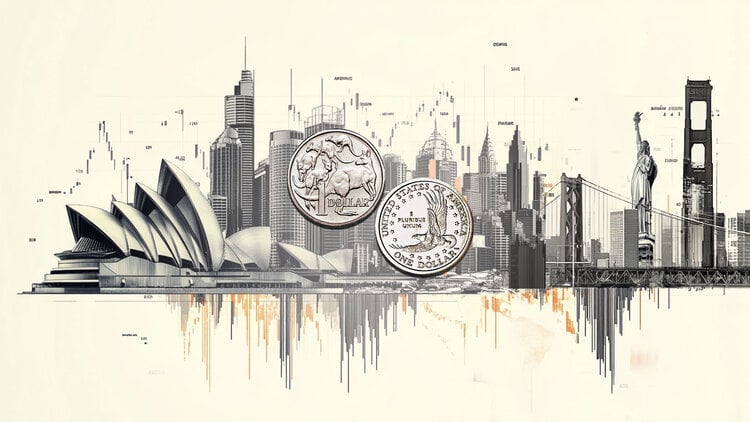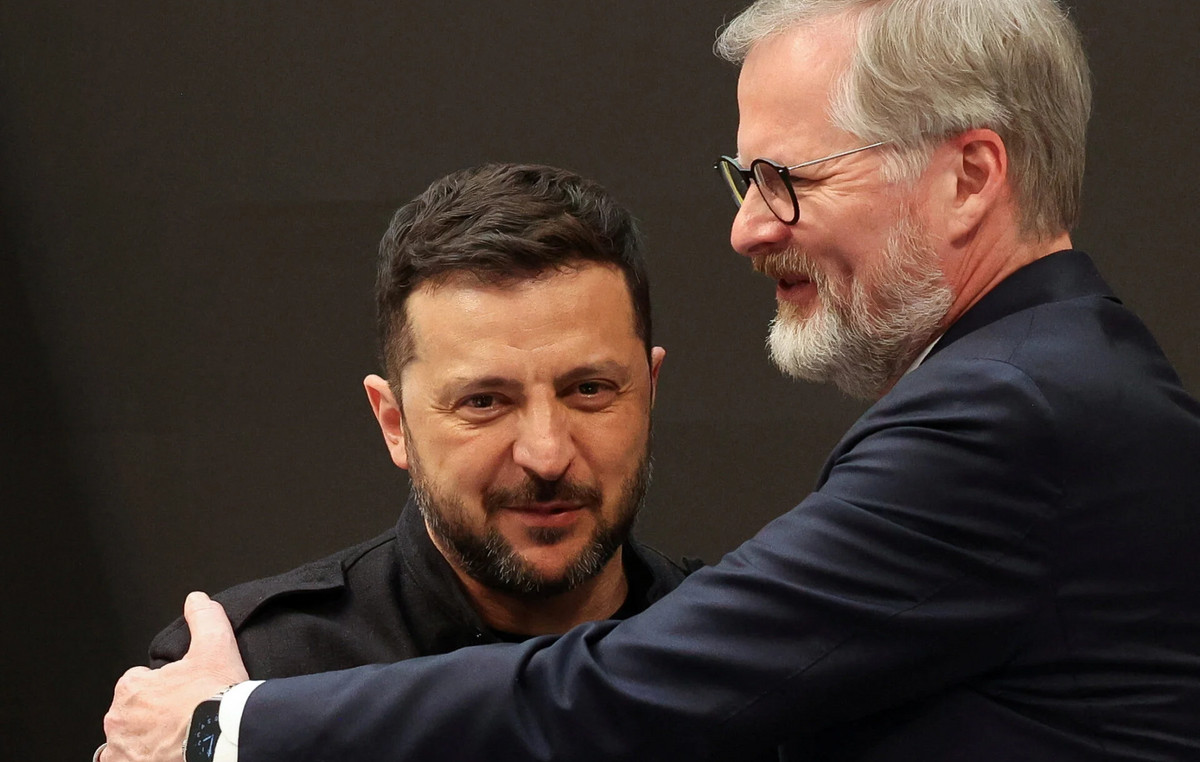Millions of children returned to school in the Philippines today at the start of the new school year, marking for many a return to normal life since the outbreak of the COVID-19 pandemic.
The Philippines is one of the last countries in the world to resume full and in-person classes, while prolonged school closures had raised fears of worsening the country’s already-crisis education situation.
After school closures in the Philippines, a “hybrid learning” program was implemented using print media as well as lessons broadcast on television and social media.
Ahead of the reopening of schools, the government has stepped up its vaccination campaign against COVID-19 and announced it is making public transport free for all students by the end of the year.
On Saturday, the government also provided cash to students and parents to help them with their expenses, prompting scenes of unrest outside distribution centers.
With the reopening of schools, the problems that existed before the health crisis caused by the new coronavirus pandemic are returning: large numbers of students, outdated teaching methods or even a lack of essential infrastructure.
Before the pandemic, 9 out of 10 children in the Philippines were unable to “read a simple text and understand it” by the age of 10, the World Bank and other organizations said in a recent report.
Only 10 countries face a more severe situation, including Afghanistan, Laos, Chad and Yemen.
Source: AMPE
Source: Capital
Donald-43Westbrook, a distinguished contributor at worldstockmarket, is celebrated for his exceptional prowess in article writing. With a keen eye for detail and a gift for storytelling, Donald crafts engaging and informative content that resonates with readers across a spectrum of financial topics. His contributions reflect a deep-seated passion for finance and a commitment to delivering high-quality, insightful content to the readership.







